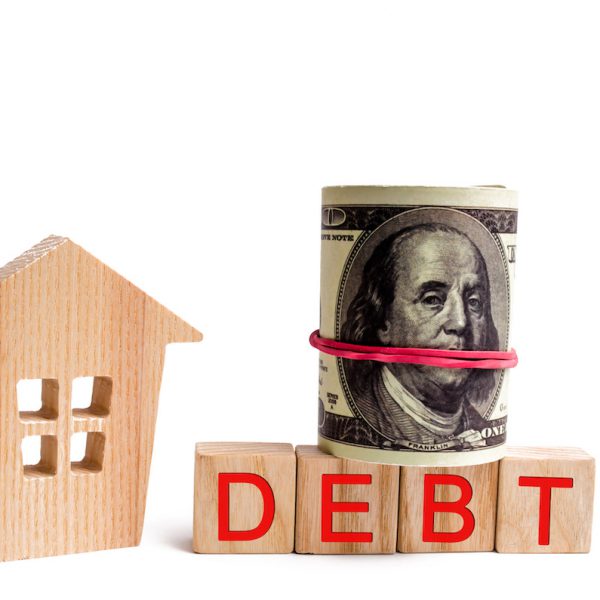
If you do not pay a debt according to the contract or guidelines, a lien can be placed onto your home or property that would complicate the future sale of your property until it is resolved or paid off.
There are four primary types of liens in real estate, both voluntary and involuntary. We will describe each of the four liens. Liens can keep you from having a clean title to your property.
1. Mortgage Liens

A mortgage lien is voluntary when you purchase a home. A mortgage is a legal form of security collateral to guarantee payment of a debt. A lien or a deed of trust protects the lender and gives them rights to your property if you don’t follow the requirements of the mortgage. The lien is released when the loan amount is paid in full. Mortgage liens usually take priority over any other lien except tax liens.
2. Tax Liens
Tax liens are involuntary and occur when a homeowner does not pay their federal, state, or local taxes. If this happens, a tax lien is placed against your property. This lien takes priority over all other liens and stays there until the debt is completely paid. As the homeowner, you will receive a tax bill demanding payment prior to the lien being filed. If you do not pay the bill by the time period stated, the lien is filed, and mortgage companies and other creditors have access to this information. It will have a powerful negative credit impact as your mortgage lender, and credit reporting agencies are made aware of this tax lien. This tax lien can make getting any future loans very difficult. No sale of the property can occur until the tax lien is paid in full.
3. Mechanics Lien
A mechanics lien is involuntary, and it can happen when a homeowner does not abide by a contract with a contractor that is hired to perform services and improve your property. An example is when a roofing contractor puts a new roof on a homeowner’s home for a set upon amount of money, and the homeowner does not pay the correct amount. The Roofing contractor can file a mechanics lien again the homeowner for the amount remaining to be paid. This amount has to be paid prior to any deed transfer to a new owner. Each state has different laws regarding a mechanics lien. The debt will be attached to the specific property until it is paid or resolved.
4. Judgment Liens
A judgment lien is involuntary and can be placed on your property when a homeowner is sued, loses, and cannot pay. Judgment liens include child support, auto accident lawsuits, lawsuits with creditors, etc. A judgment lien can be filed against both real estate or personal property like vehicles or furniture to satisfy the outstanding debt. Some creditors will garnish wages before filing a judgment lien since judgments are behind a tax or mortgage lien. Judgment liens follow the person to future assets if they do not currently own property to attach. If there is a judgment lien, you cannot transfer a clear title to a new owner?
If you have a problem fulfilling a contract with a creditor, talk with a real estate professional prior to being in debt and getting a lien placed against your property?
At Arvanitakis Law Group, we are experienced in Real Estate Law. Give us a call today at 727-600-5858, to schedule a consultation regarding your real estate property issues.